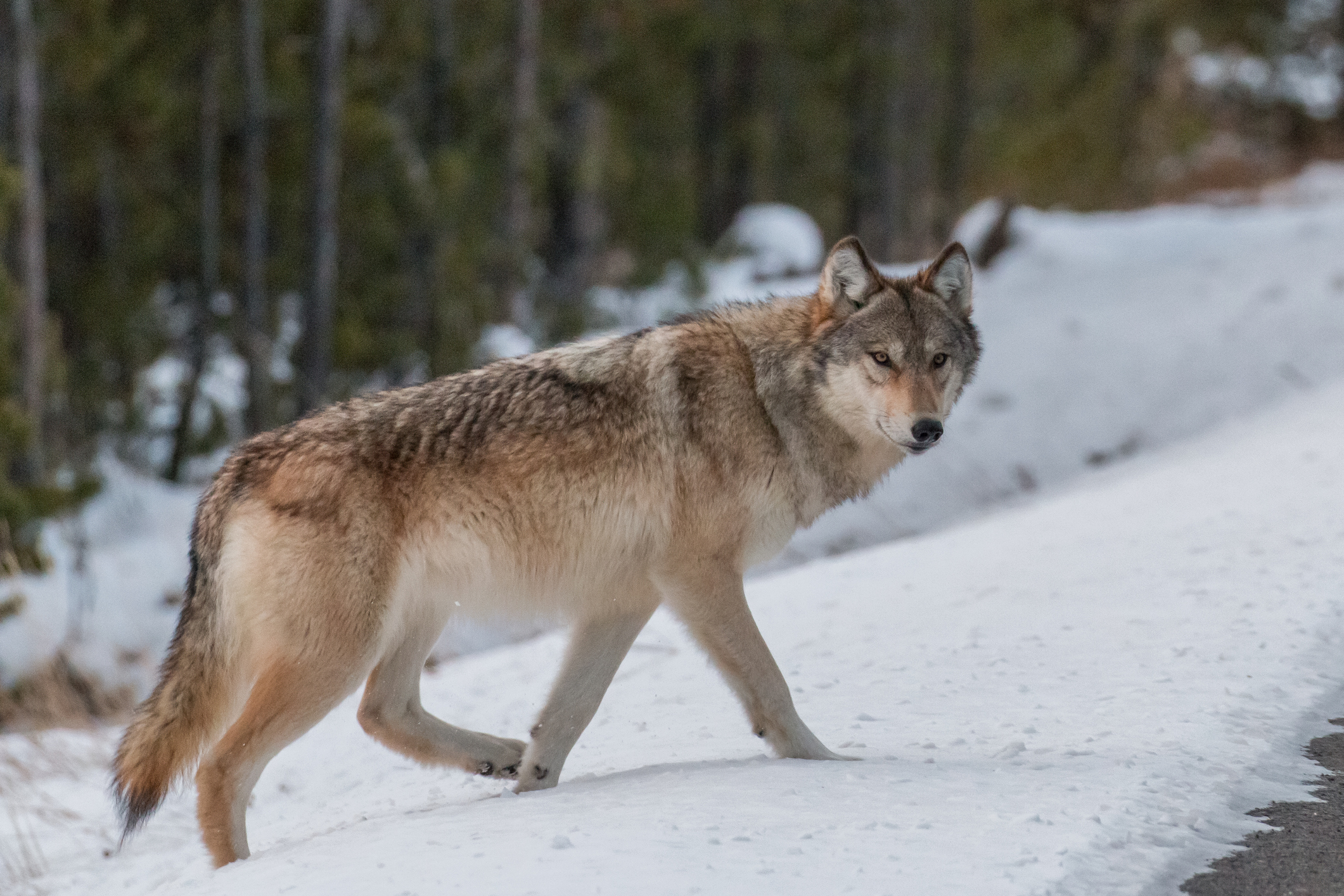Washington state has a protocol for the removal of wolves that have repeatedly predated cattle. When activist groups or others disrupt that protocol, it erodes trust in the policy and the agencies tasked with implementing said policy.
In the Sherman Pack territory, along with much of the Northeastern region of the state, where wolves are already federally delisted, now is the time to downlist wolves from their current state endangered status. Given the high concentration of wolves in the area, there is an opportunity for state and local officials to create partnerships that would benefit the whole state in the future. The wolf population in the region is significant enough to be stable and treating the area as a proving ground for testing the return of local control, offers a meaningful step forward for livestock producers who see state officials and activists as the enemies of progress and their livelihoods.
Utilizing existing policy is important when it works well. However, when policy needs to be updated or changed, having flexibility is of utmost importance to ensuring policy can be better. Washington state’s wolf management protocols have been in place for more than a decade without any significant updates. Most people go to the doctor at least once a year for an annual checkup, our predator management policies should be subject to similar scrutiny when it has such significant influence on so many lives.
In early October, the Washington State Department of Fish and Wildlife authorized the lethal removal of a wolf from the Sherman Pack in the Northeast region of the state. The removal would have been the third from the pack this year after a spate of livestock injuries and deaths attributed to the pack. The first removal was a legal “caught in the act” removal by a rancher, when a wolf was spotted hunting cattle. The second was an authorized removal by the department after the confirmed deaths or injuries of several head of cattle.
The early October removal order was challenged in King County Superior Court by Washington Wildlife First, Predator Defense, and the Kettle Range Conservation Group, all of which jointly filed for a preliminary injunction, accusing the department of acting arbitrarily in issuing the second agency removal order for a wolf from the Sherman Pack this year.
While the preliminary injunction filing was awaiting a hearing, two more cattle were injured by the Sherman Pack, bringing the total to nine cattle attacked this year.
The protocol for ordering a removal of wolves in our state is anything but arbitrary. Lethal removal is considered a “last resort” option and can only be arrived at after several other steps have been taken including the deployment of non-lethal deterrents like range riders, fladry, and moving cattle to different locations.
Policies established by the Wolf Advisory Group, a mixture of livestock producers, hunters, environmentalists, and at-large members, blend ideas from all groups effected by wolves in this state. They are not perfect policies but by constantly mounting legal challenges to them, animal rights activists are working against their own purposes. Undermining established policies further entrenches overall distrust in those policies, the agencies tasked with enforcing them, and the process of wolf recovery rather than opening the discussion further.






